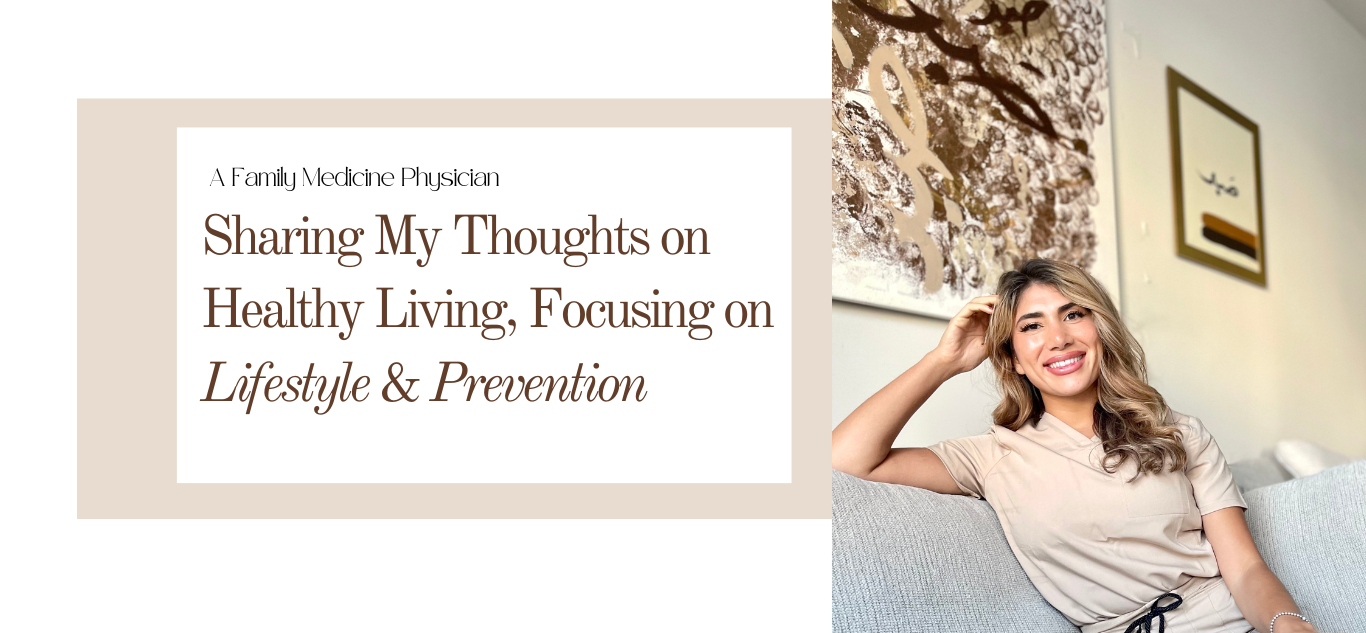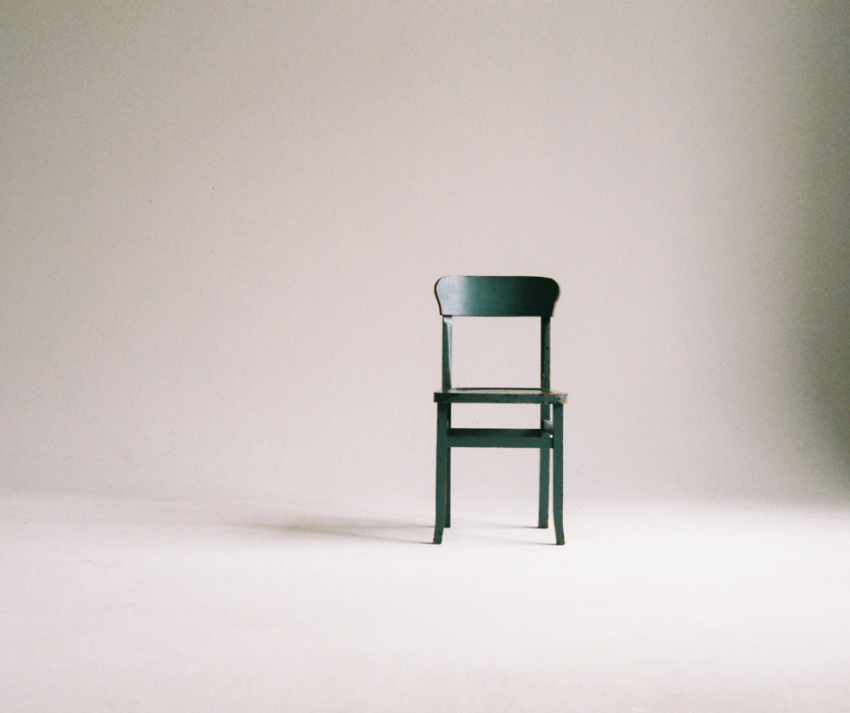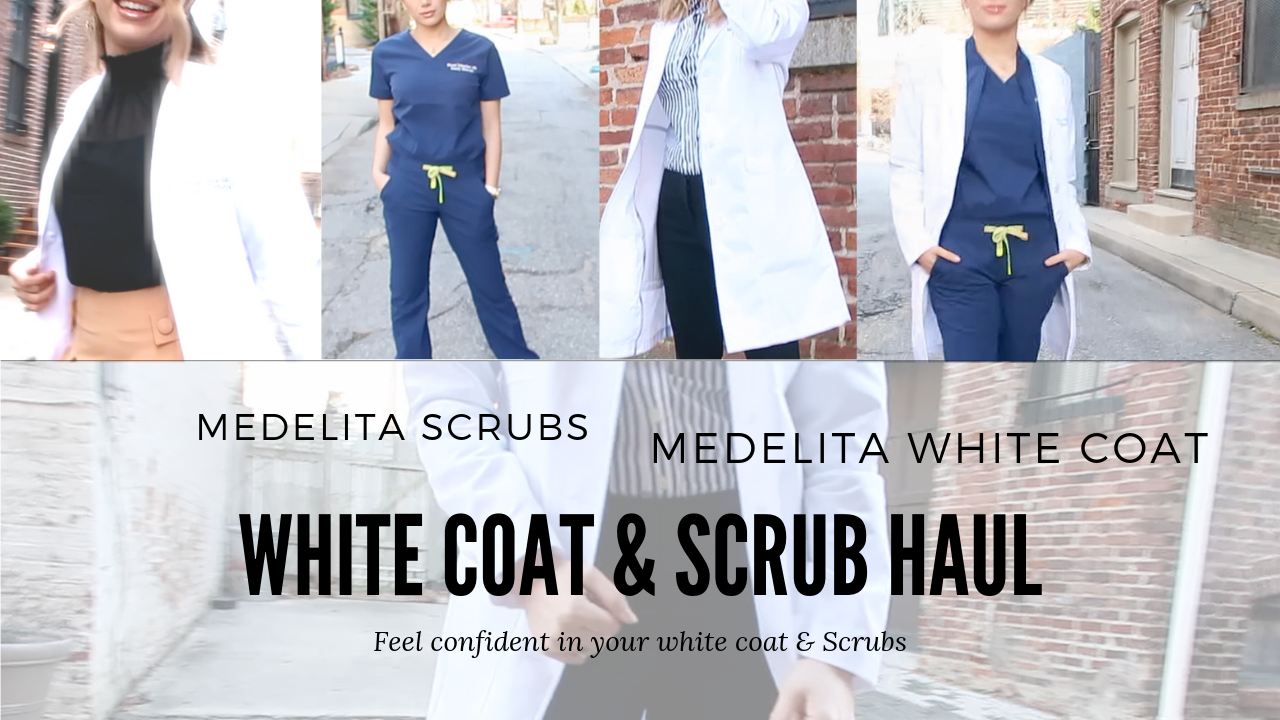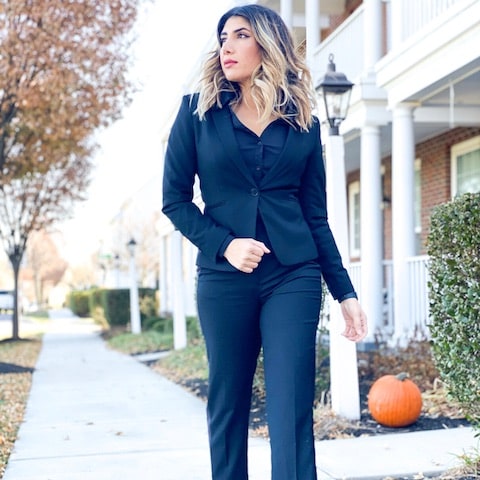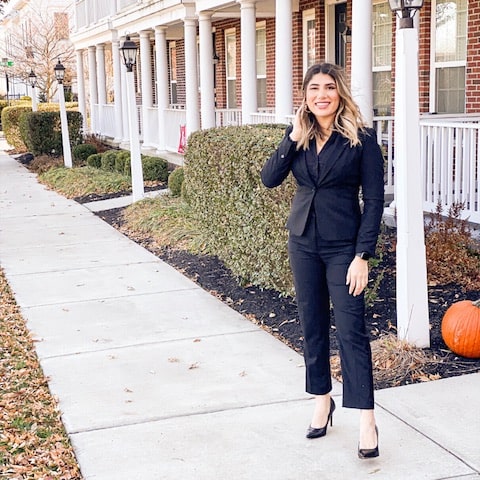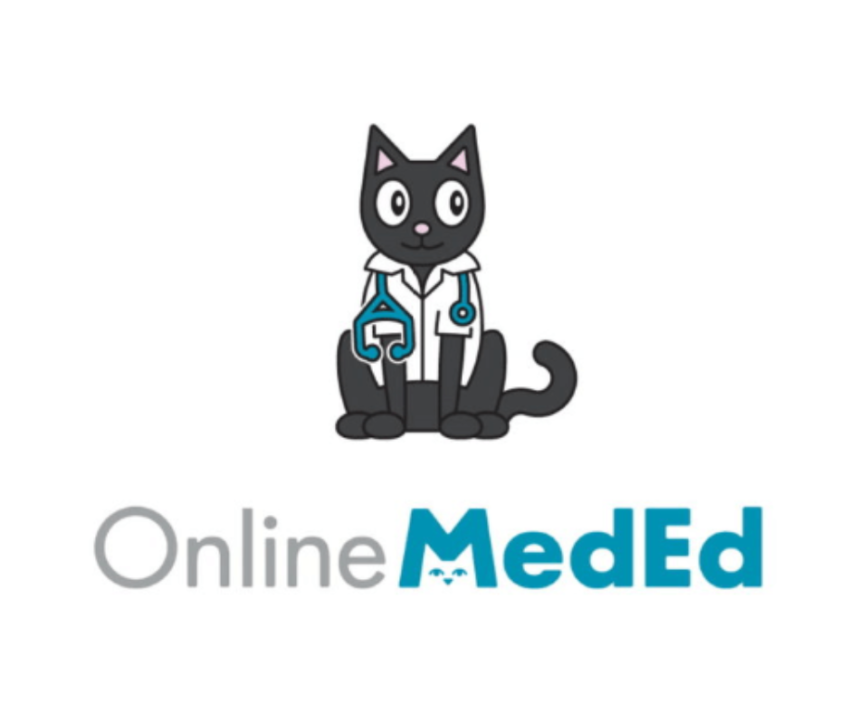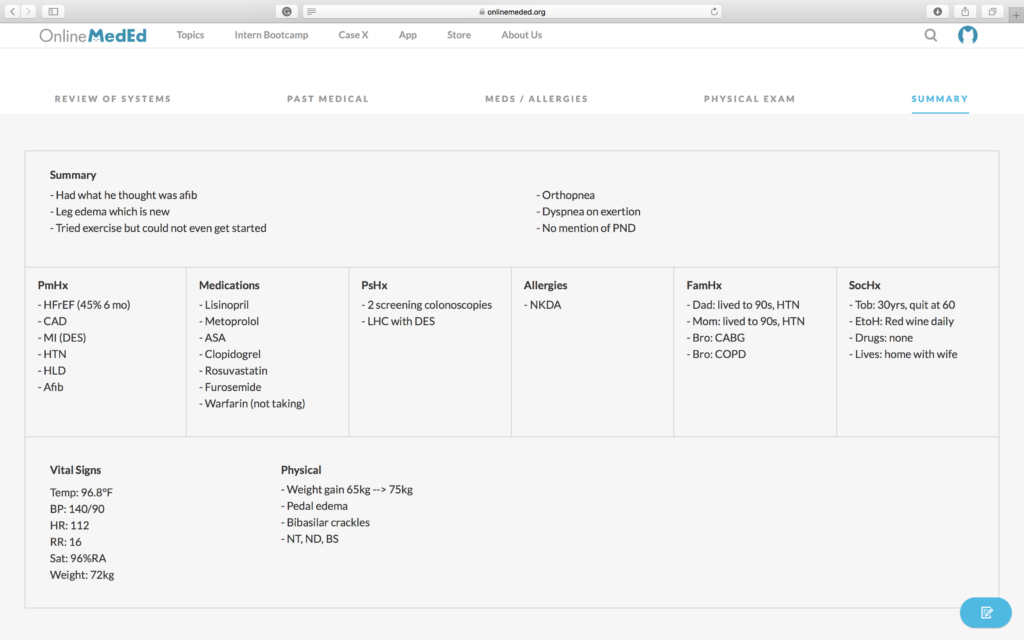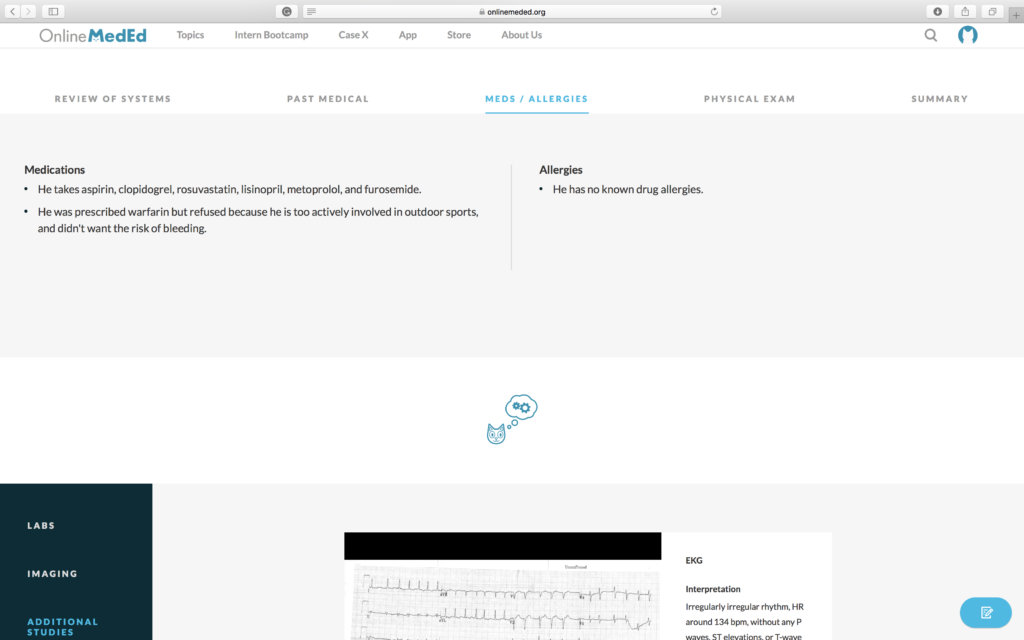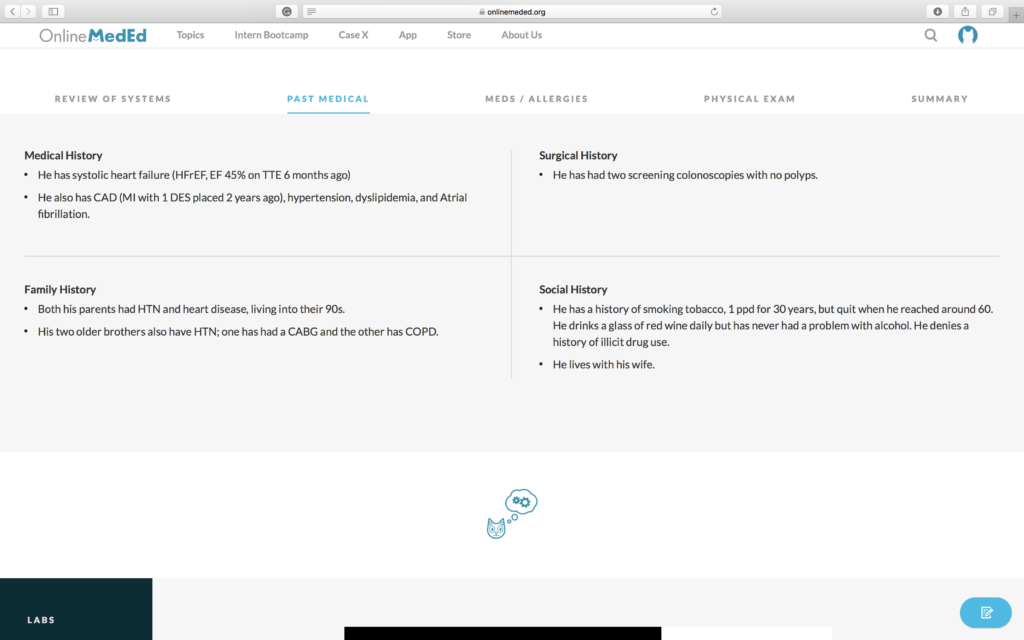Well, hello! Ready for your very first interview? Or another interview that you want to crush!? After going to your first, you will feel the groove of the process and it will get easier and easier. I will say, the nerves sometimes still stick around even on your 8th, but it’s under control and quickly fades.
Here is how I am going to divide this post:
- Before the interview
- During resident dinner
- During the interview
- After the Interview
Before the Interview
You need to prepare ahead of time: what you are going to wear, what you are going to ask about, how you are going to get there, where you are going to stay, what time you have to be meeting the residents and where and when do you have to arrive for the interview its self. Get organized! (Check out my youtube video on how to schedule your residency interviews: LINK COMING UP).
What I am going to focus on in this post is the interview and resident dinner in itself. You have to be sure to look at their website and learn about the program if you haven’t done so already. If you don’t do this, you will ask about things that have been answered on their website. And while you need something to ask, it is better to show that you have already looked things up and know a lot of the information. So, instead you can mention that you saw this particular info and ask them “how it works” or “who is involved” or “how you can get involved” or “can you elaborate” etc. Also, during this time of getting to know the program, WRITE THINGS DOWN. These are your notes for yourself that you will look back on when you rank — at least that is what I am doing. I also add to these notes after I have done the interview and give my insight on the program and what I appreciated about it — more on this later. Take a small notebook or a large one, I know a lot of candidates carry one of those portfolio cases. Meh, I just used a small note book that I can carry around. In it I wrote down my notes on the program and then my questions that I wanted to ask.
Keep reading for SOME QUESTION EXAMPLES you can ask during the interviews!
During RESIDENT DINNER
Example QUESTIONS FOR THE RESIDENTS:
— I noticed this program is unopposed/opposed, how are you liking it?
— What is your favorite thing about the program?
— How is the faculty and resident relationship?
— What is life outside of the hospital?
— How often do you guys (residents) get together?
— How is the program about resident wellness? Do they try to integrate resident wellness into the program?
— Do you find the didactics helpful?
— What is something you can change about the program?
— As an intern, do you feel that you are being guided/supported?
— Will you be doing a fellowship? What fellowships have residents of this program gone into?
— What is the living cost in this area?
During the resident dinner, be very much yourself. Throughout the whole interview, be yourself. Enjoy your time. Ask questions. These questions can be more personal and less formal. The really cool residents will let you know, “Hey, ask us anything. We will give you the honest truth. We know what it feels like being in your seat, we did that. So, just relax and ask whatever you want”. Something like that. Pay attention to how they talk amongst each other. You can tell how close they are by how comfortable they are with each other for the most part. Pay attention to how they answer questions. If they are hesitant, they are likely trying to hide their real answer. If they are willing to be honest they will flat out tell you everything without a filter. Pay attention to how tired they look. If they are zombies, most likely you will look like a zombie. Pay attention to their energy, their interest, their complaints, whether they are uptight or easy-going. These are all important because these are the people (unless they are in their last year) that you will be working with. You want to be around people you enjoy working with. This is the most important part of the interview season. For the most part, a lot of the programs will have the standard teaching and etc. but the people make or break the program. Sometimes, you might not get a good feel of the residents because there might only be two of them there. So, the next day when there are more of them around, you can get a better feel. For example, I met two residents during the resident dinner and they were super chill but not really energetic. They were very proper with their question answering. They were really nice though, however, it felt really formal. Then the next day after meeting more of the residents, I got a better picture. So, just keep that in mind.
RELAX. I already said this, but definitely relax and you do not need to sell yourself as this extra-ordinary med student! They don’t care about what you have excelled during medical school, they want to know if you are someone they can be with EVERY SINGLE DAY! So, don’t try to sell yourself to them so hard. Just be who you are and they will appreciate you for that, even if they are different than you. You don’t want to be in a program that is ignorant anyway! So, if they do not like you for who you are, then you will have a hard time there. Even if you desperately want them to like you, don’t show your desperation. Be confident. You are you and you are the only you. So, simply be you. I have seen candidates that are so over the top! Annoying questions, loud-proud, make remarks on so many things, doesn’t shut up; I am totally judging them, but if thats who they are, then who gives a shit in what I think about them. I am still going to make the remark that you should watch your limits, as there are limits to everything. So, me personally, I think being way over the top isn’t often caught all too well. You don’t want to be annoying and over-dramatic, but on the other hand you don’t want to be quiet and shy. You want to find a good medium. Someone that has opinion and doesn’t overly share every time a question is asked. Again, RELAX.
During the INTERVIEW
Example QUESTIONS FOR THE ATTENDING/FACULTY:
— How are the residents evaluated?
— Why did you choose to be apart of this program?
— What do you believe are the strengths of this program?
— What do you believe are the weaknesses of this program?
— Does the program help with loans if residents chooses to stay after residency?
— What are the statistics on first-time board passing?
— How does the program prep their residents to pass their boards?
— Is this program hands on?
— Is this program flexible to making changes for the better for residents, if so, what are some changes that have been made recently?
— How does this program promote resident wellness?
— Are there opportunities to do away rotations/global rotations
— How is the program involved with the community?
— What is the patient population like?
— What is the living cost in this area?
— I am interested in ___ fellowship, how can the program help me get prepared for the fellowship?
BE THERE EARLIER THAN START TIME! This is one of the easiest yet very important thing to do. Don’t be just in time, but be there 5 minutes before. Being late is unprofessional and they will judge you on this, especially if they are a stickler. Just tell yourself you have to be there 15 minutes before you actually have to be there. Be sure to give yourself room to make mistakes getting there, finding the parking lot and traffic. Parking situations are always different. Some are easy but some are a bit difficult to locate or a distant to the building and requires walking. So, for example, you have to be at the lobby at 8:15 AM. You checked before hand the distance and time of travel from your hotel to the hospital/clinic/building. You then check again when you first wake up the time of travel, then add 15-20 minutes to it (10 minutes for potential mistake, walk, locating the parking lot; 5 minutes to getting out of your car, putting on your suit jacket and situating yourself, grabbing gum or mint to freshen up your breath, etc). It is 8:10 and you are now at the lobby 5 minutes before hand! Well done!!! If you are rushing, you will be more anxious then you already might be. So, it is NOT worth it sleeping that extra 20 minutes.
If you are late for reasons you had no control over, call the program coordinator (which means you should have their number already at hand to call, just in case). Let them know! You do not want them waiting for you without knowing where you are, what is going on. I screwed up with one of my interviews—but that will be on another post or conversation.
There might be two of you or 15 of you. If there are a lot of you, this is a group interview, where they will take you one by one to interview. The ones not being interviewed will be either watching a presentation, getting a tour, or just sitting around. It all depends. The more organized the program is, the better the experience.
REMINDER: YOU ARE INTERVIEWING THEM JUST AS MUCH AS THEY ARE INTERVIEWING YOU! You want to know WHY YOU SHOULD PICK THEM just as much!!! Be confident. You are there because they were interested in you. They liked you based on what they saw on your application, now let them know that they made the right choice by sending the invite and show them that they should rank you high. The way to do this is to be yourself, answer the questions honestly but well, show them you have what it takes, why you have what it takes and that you would be an essential to their program. ANDDDD, ask them why you should pick them/rank them high — obviously not directly, but indirectly through your questions. Ask them questions to remind them that you are judging them based on their answers too. Know what I mean? Don’t be over the top, but don’t doubt yourself either. Find a good balance between the two.
QUESTIONS THEY ARE DEFINITELY GOING TO ASK
— Tell me about yourself?
— Why did you choose our program?
— Why did you choose this specialty?
— What do you do for fun?
Other questions they might ask
— What would you bring to the program?
— What are your strengths?
— What are your weaknesses?
— Tell me about a time you have overcome a challenge
— What does failure mean to you?
— What are your hobbies?
— How do you deal with stress?
— What was your favorite rotation and why? ( I just realized that I always answered surgery and realized that they were probably looking for the specialty that I am applying for… I was very honest and I gave my reasoning why and through out the the interview, I made it very clear that this is the very speciality I want even though surgery was my favorite—so I don’t feel bad).
— Where do you see yourself in the future?
— If you have any failures on your board exams, you might get asked about it. Just be honest — tell them you screwed up and how it has changed you for the better, blah blah blah.
I will add more to this list when I think of more in the future.
They will give you a tour of the hospital and clinic. Personally, I judge the program big time based on the hospital. I want to see how the patients are being taken care of and whether it is a place I will want to be in every single day. This is my honest truth. Ask them whether there is a pharmacist that rounds, this is helpful. Ask more of your questions geared towards the hospital, calls, etc here if you haven’t asked already or forgot to ask. Honestly, you need to know the answer to these questions so that you can make your rank list. So, ask questions that are important to you! Don’t be shy. I always ask about the cafe/coffee because that is important to me. I look at the cafeteria as well and the options. This is crucial!! LOL. I am a fat ass and get hangry. I know myself enough that I know what settings I work best in and with good food & coffeeeee = great mood me!
Last thing I would like to address here is to BE KIND to EVERYONE! Smile. Show positive energy. Be excited!!! You have been waiting for this moment to come and HERE IT IS!! Trust me you, I couldn’t wait for this time of the year. I was heart broken last year as I saw some of my friends going through the interview trail and I was sitting around. Here I am doing it myself now and it is so fucking exciting! It is nerve wrecking as well because who know what the future holds but I am enjoying it right now either way. I am here in the present and living this moment that I had been nervous about. No matter how many interviews you have, 1 or 20, just give it your all and what happens will happen. It always works out!
After the interview
You can send them a thank you card, personalized. You can email the program coordinator and than them. You can email the program director and thank them. Some people do, some people don’t. Me personally, I didn’t. I am going to send them a card in January and thank them. I am going to write a card and make it more personal, especially to the programs I absolutely loved. This way I am sending them a reminder and so they didn’t forget about me. Will keep you posted on what I do in the future if you guys are interested in knowing.
Thank you guys for taking the time to read this and I do hope that you found this informative. Keep me in your prayers if you did enjoy this post <3 and found it helpful. That will mean a lot to me!
Let me know your thoughts and if you have questions or helpful tips!
Much love
— Mursi
